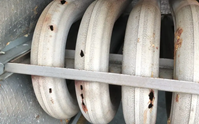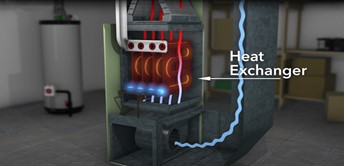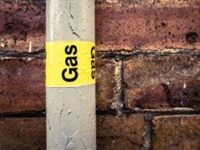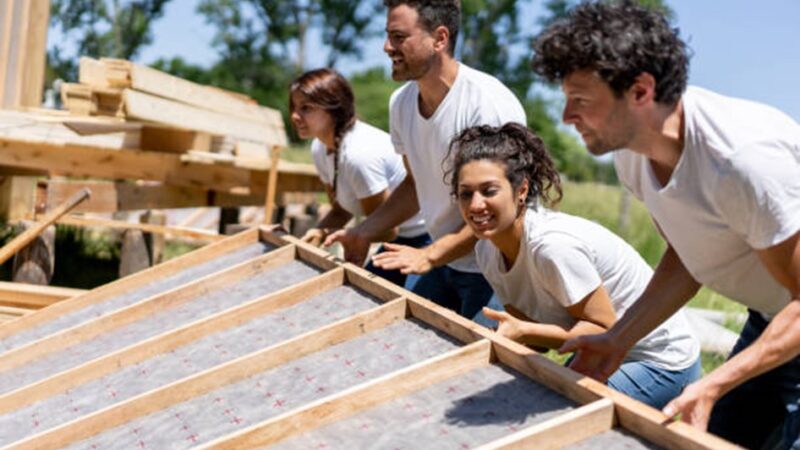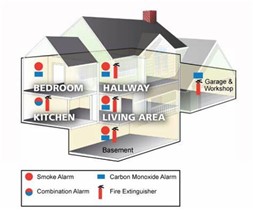Do you have a cracked heat exchanger? How can you tell?
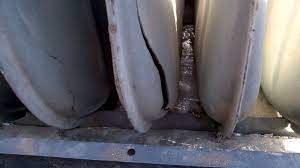
A cracked heat exchanger is a serious issue and is something that requires immediate attention. If the issue is ignored, it can be of critical consequence. Here are some things to consider about cracked heat exchangers and how to best address them. *Remember to always consult a Heating and Air professional*.
A heat exchanger is a set of metal coils in the furnace that are warmed by combustion gas. The heat exchanger transfers the heat from exhaust flue gas to the air being circulated by the furnace to your house without giving off any harmful fumes.
You may be tempted to dismiss the issue if it’s only a small crack in the gas furnace heat exchanger. However, even the smallest of cracks can warrant concern. Let’s explain.
The first and most important thing to realize is that a crack, even the smallest fracture, can cause carbon monoxide to leak from the heat exchanger into your home. Carbon monoxide has been called a silent killer. Common symptoms of Carbon Monoxide poisoning include weakness, dizziness, headache, upset stomach, confusion, nausea and chest pain. If you or others are experiencing these symptoms, exit the building immediately and call 911.
Rebates may be available so check with your natural gas operator, the city, or even with tax credits if you find yourself in need of replacing your entire furnace. If, after reading this article, you realize you have an issue and just need to replace the heat exchanger, please schedule it right away with a heating and air professional. Turn your furnace completely off until a heating and air professional replaces the heat exchanger.
So how do you know if you have a cracked heat exchanger? Have a heating and air professional do a thorough inspection. Some signs that you may have a cracked heat exchanger:
- Carbon Monoxide Detector alarming
- Members in the household experience Flu-like symptoms
- Flames in furnace waver or are yellow in color
- Suit build up on the interior walls of your furnace
- Condensation build up on windows
If you have never had your natural gas furnace or water heater serviced, contact a heating and air professional.
If your furnace is approaching 30 years, investigate those rebate programs because it may be time to replace the entire furnace!
Don’t ignore it until it’s too late


